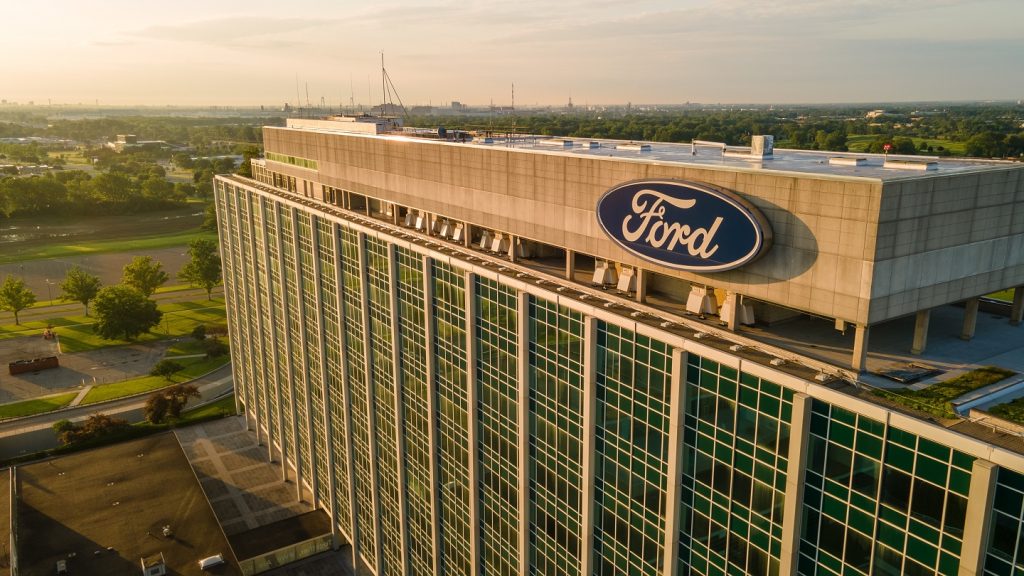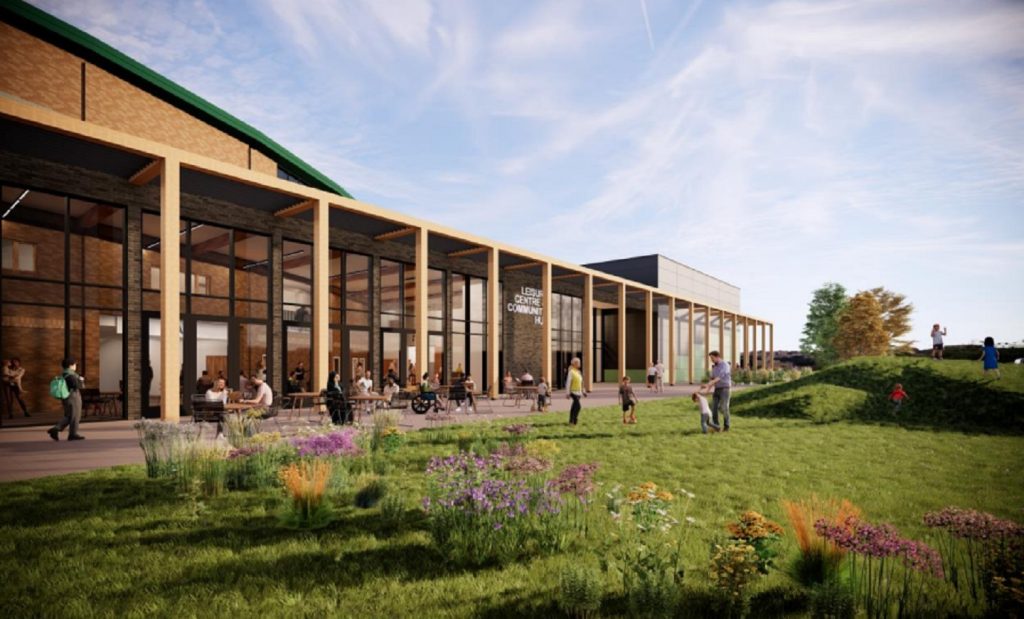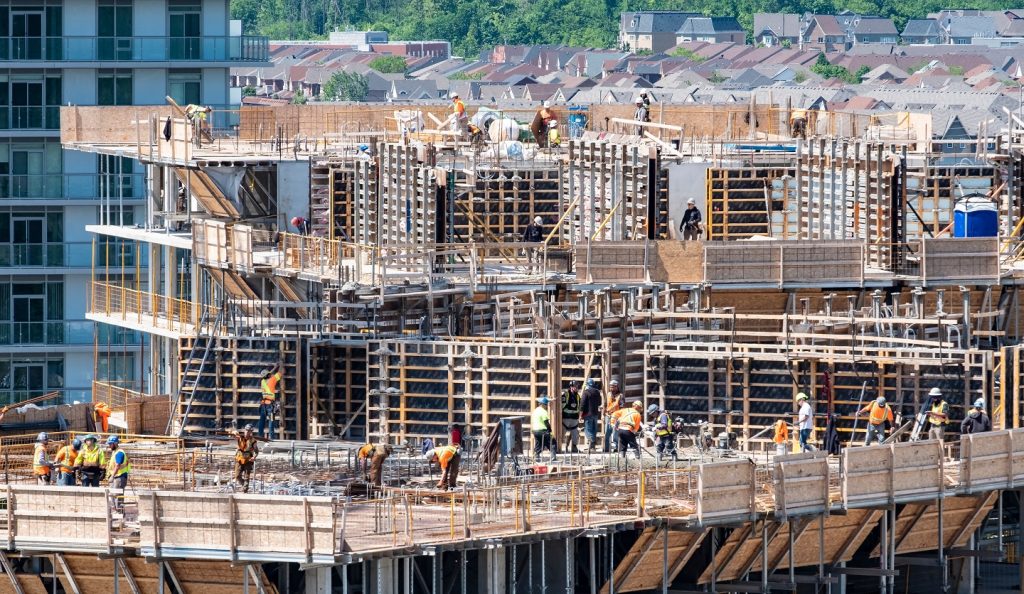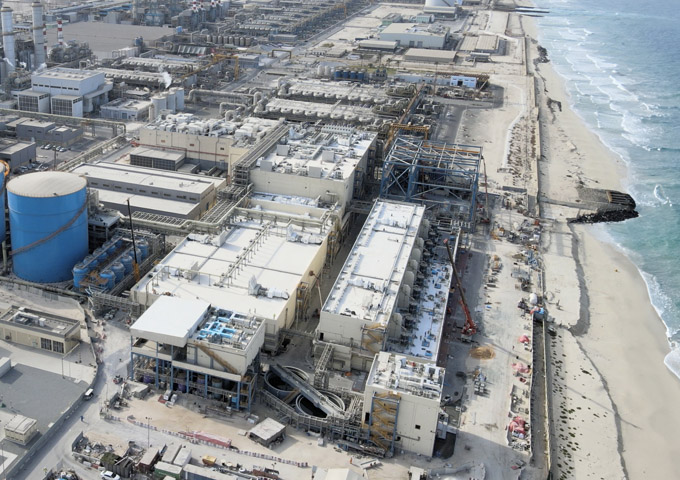The Government of Canada has announced a major investment of C$644m ($475m) in the manufacture of battery materials to support Ford’s future electric vehicle (EV) production.
The new battery materials production plant will be constructed in Becancour, Quebec, by a consortium of Ford, South Korean cathode materials manufacturer EcoProBM, and South Korean EV battery maker SK On.
Formed in February 2023, the EcoPro CAM Canada consortium is still subject to closing conditions and regulatory approvals. Once the transaction is complete, the three companies will become investors.
The project is valued at C$1.2bn and is expected to generate more than 345 jobs.
The EcoPro CAM Canada factory will generate 45,000 tonnes of cathode active materials annually, which will be used to manufacture batteries for Ford’s EVs.
The plant is expected to become operational in the first half of 2026.
Of the total C$644m investment, a C$322m conditional commitment has been contributed through the Strategic Innovation Fund. The rest is to be provided via a C$322m partially forgivable loan through Investissement Québec.
Canada Innovation, Science, and Industry Minister François-Philippe Champagne said: “This investment shows once again that Canada is the green strategic partner of choice for global leaders in the automotive industry.
“Today, we are strengthening Quebec’s key position in the electric vehicle supply chain while continuing to build Canada’s battery ecosystem. This investment is good for the environment and for the economy, and it will help maintain well-paying jobs for years to come.”
















